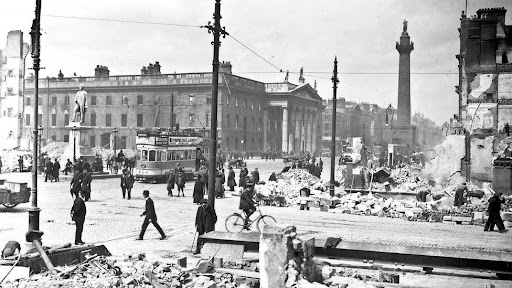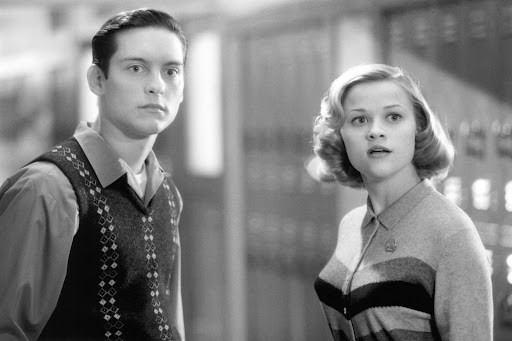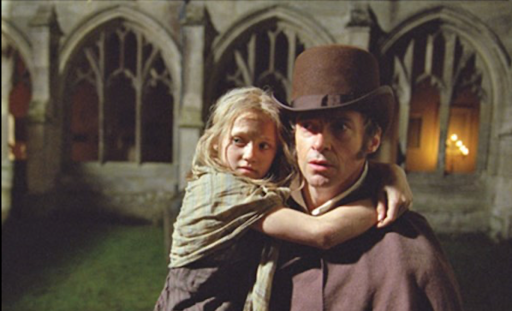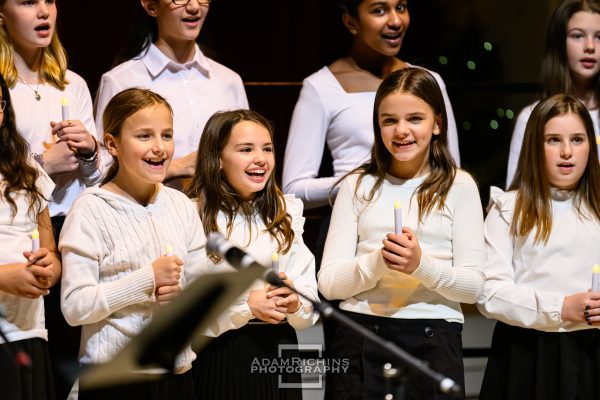The Kite Runner: Lessons of Courage and Forgiveness
At the beginning of the school year, I finished the book The Kite Runner by Khaled Hosseini — a story about friendship, guilt, loss, love, and forgiveness.
The Kite Runner. When I first saw this title, I was a little bit confused. Why do people want to chase kites? It is actually a custom in Afghanistan. Every early spring, there is a magnificent kite festival. Kids will use the strength they have accumulated for a year to make their kites outstanding and win the challenge. In the blue sky, colorful kites float. At the end of each kite line, there was a brave fighter. They have to wipe out all of the enemies around them before they can come to victory. In my opinion, it is an exchange or game between children. But for Amir, it is the most important moment in his life because of his father. Through only victory, he can gain his father’s praise and smile instead of his usual look of disappointment. After Amir wins the fight, Hassan takes on the important task of chasing the last kite that Amir beat. On his way, some wealthy cruel boys find him and rape Hassan, and Amir witnesses the whole process but he is too frightened to defend Hassan. After that night, the climax of the story, everything changes and all the causes of sorrow slowly emerge. While Amir struggles to manage the guilt he feels for abandoning his friend, his friend becomes even more attached to Hassan.
Since I opened this book, I have always felt that there is breathless oppression hidden in the story. The whole novel is written with a depressive feeling. It is evident that “I,” who is Amir, has been trying to connect the readers and the character. The shame in Amir’s heart becomes a fuse, which drives him to frame Hassan for stealing his money, making Hassan move away from his family. Amir doesn’t want to be tortured by his guilt anymore, and the root of this torture is Hassan’s annoying dedication to him. He feels that as long as Hassan is driven away, Amir will be relieved and no longer condemned by his guilty conscience for not helping Hassan in his moment of greatest need.
Describing Hassan’s suffering from the perspective of “I” makes readers feel the experience more personally. In the novel, we have always seen Hassan from the eyes of “I” — the child who confessed his fate and gave everything. I was moved when Hassan said to Amir: “For you, thousands of times!” It is heartbreaking to hear this come out of the mouth of a teenager because, no matter how Amir ignores him and hurts him, Hassan always protects Amir and forgives him. I was really shocked by Hassan’s character and his loyalty. I felt uncomfortable for him; it is like a feeling that something stuck in my throat, which made me want to cry.
Because of war, Amir and his father are also forced to leave their homeland and embark on the journey to the United States. Later, Amir marries a wife in the United States and has a stable life, but his father passes away.
Rahimi, one of his old friends from Kabul, finds him and tells him Hassan’s, who is actually Amir’s half brother, life experience. Unfortunately, while Amir has resettled in the US, Hassan was killed and left a son, Sohrab. Rahimi wants Amir to go back to his homeland to find Sohrab, and bring him back. Amir finally makes the decision and goes on the journey to find this boy. Throughout the journey, Amir not only physically fights with Assef, who had killed Hassan, but also mentally struggles to forgive himself for what he has done to Hassan in the past. Also, he overcomes the fear of the secret and the guilt that persisted through his childhood.
Moreover, the experience when Sohrab sees his parents die in front of him and other traumas he endures terrified me and are too painful for a kid. He is just like Hassan, but the only thing missing is that he doesn’t smile anymore; his eyes are always hollow, and he loses the naivety that a kid should have. The scene when Sohrah commits suicide because he feels he is abandoned again will always stick in my mind. It is a feeling of despair and helplessness.
An occasional opportunity to fly a kite caused Sohrab to become like a child again. In fact, no matter how much the child has experienced, he will always be just a child, so he should live a simple life. That is the starting point for him to begin to trust others and forgive what he experienced before — because that is not his fault.
At the end of the novel, the kite is mentioned again. From the kite and back to the kite, perhaps this is the best ending. Many years ago, Hassan chased the kite for Amir: “For you, thousands of times.” Many years later, Amir chases a kite for Hassan’s children: “for Hassan, thousands of times.”
I strongly recommend this book (as well as the adapted movie) to upper school students who can stomach the traumatic experiences recounted in this story. There is powerfully deep meaning behind each sentence.
Carol Li ’21, Co Sports Editor
21cli@montroseschool.org
















